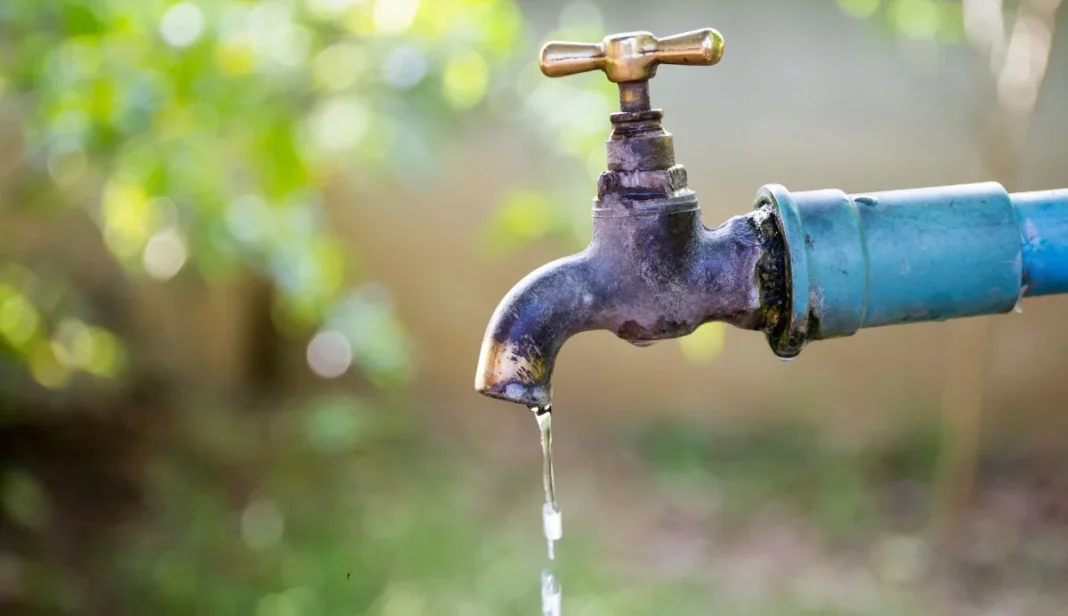New research shows simple water quality tests can dramatically increase safe water practices, with households 26 times more likely to purify contaminated water when informed of contamination risks.
A groundbreaking study has revealed that providing households with straightforward, affordable information about their drinking water quality can significantly boost the adoption of safe water practices in communities facing contamination threats.
The comprehensive research examined the effects of low-cost water testing feedback in a Pakistani region with high E.coli exposure risks. Families informed that their water contained harmful bacteria were 26 times more inclined to begin water purification processes.
When researchers provided basic guidance on water treatment methods alongside contamination results, uptake rates climbed to almost 50 per cent.
The study, featured in Health Economics journal, analysed drinking water across 24 Punjab villages where numerous families depend on potentially hazardous water sources. More than 70 per cent of the 1,388 participating households showed E.coli presence in their drinking water – bacteria capable of causing severe illness.
Families with contaminated water were randomly divided into three categories. The first received no information whatsoever (control group), the second learned about their water contamination (partial treatment group), whilst the third received contamination results plus a single-page guide explaining home water purification methods including boiling, filtering, or source switching.
Three months later, researchers returned to assess whether families had modified their behaviour accordingly. Upon learning their water contained dangerous bacteria, 4 in 10 began purification processes (40 per cent). When provided with additional simple guidance through a one-page leaflet, this figure increased to nearly 1 in 2 (48 per cent). Among the uninformed group, fewer than 2 in 100 implemented changes (1.5 per cent).
Co-author Dr Zahra Murad, Associate Professor from the University of Portsmouth’s School of Accounting, Economics and Finance, explained: “This demonstrates information’s remarkable power. When people understand their water poses risks, they’re motivated to protect their families and take action. The brilliant aspect is that such transformation doesn’t require enormous expenditure. It can begin with a straightforward test.”
- Welsh Railway Records Reveal Century-Old Working Conditions
- Chimps and children equally nosy, research shows
The research indicated this intervention type could potentially preserve lives at considerably lower costs than numerous other public health programmes, particularly in low-income environments. The study employed methodology recommended by the World Health Organization alongside World Bank data.
Generally, this basic approach – simply testing water whilst providing fundamental advice – proved far more cost-effective than many alternative health programmes in developing nations. This proves especially significant in locations where clean water access remains challenging, and residents may not recognise drinking water dangers.
“This shows people don’t always require incentives or equipment for action – they need timely, specific and reliable information,” Dr Murad added.
“Our findings also contribute to expanding evidence that behavioural interventions – particularly those that are context-specific and individually targeted – can support public health efforts in the Global South.”
Since the study examined people’s behaviour merely months after receiving information, researchers suggest repeating the research over extended periods and across different countries to verify consistent results.
Lead author Dr Muhammad Khan from COMSATS University Islamabad, Pakistan, stated: “By proving that even basic water testing and informational materials can substantially increase safe water practices, this study creates pathways for scalable, community-level health initiatives.
“Policymakers can incorporate water testing and tailored messaging into existing infrastructure investments for clean water and community health programmes. With minimal resources, such interventions can produce disproportionate benefits.”
The study represented collaboration between COMSATS University Islamabad in Pakistan, the University of Portsmouth in England, and Leeds University Business School in England.



